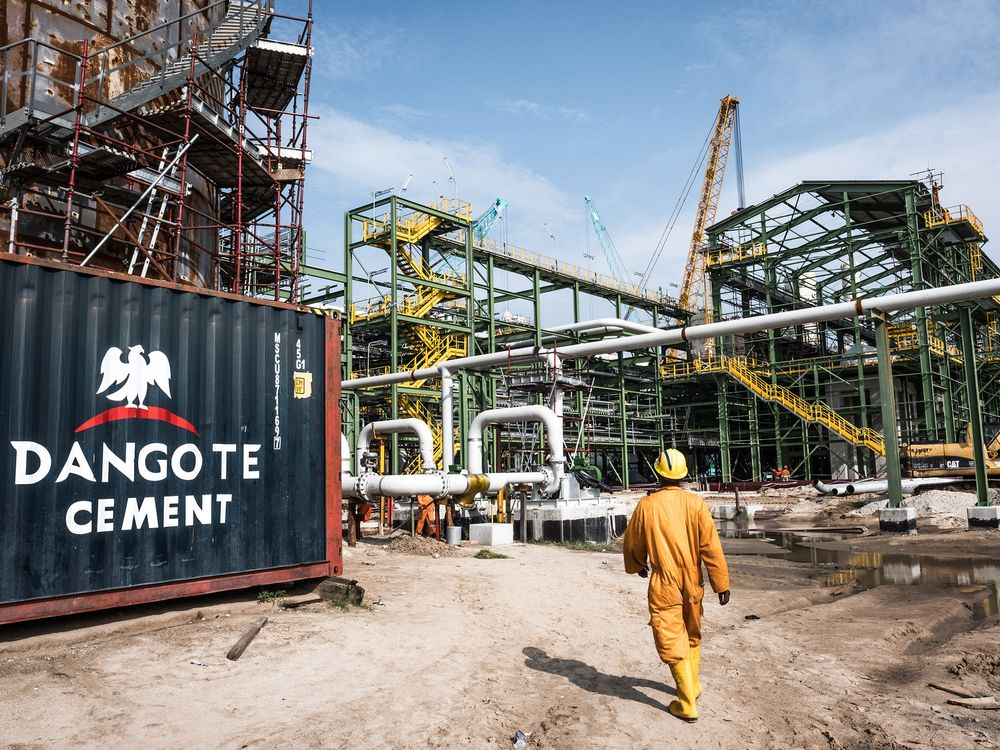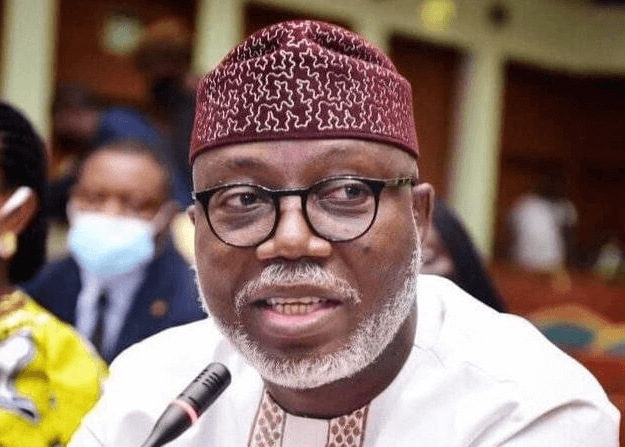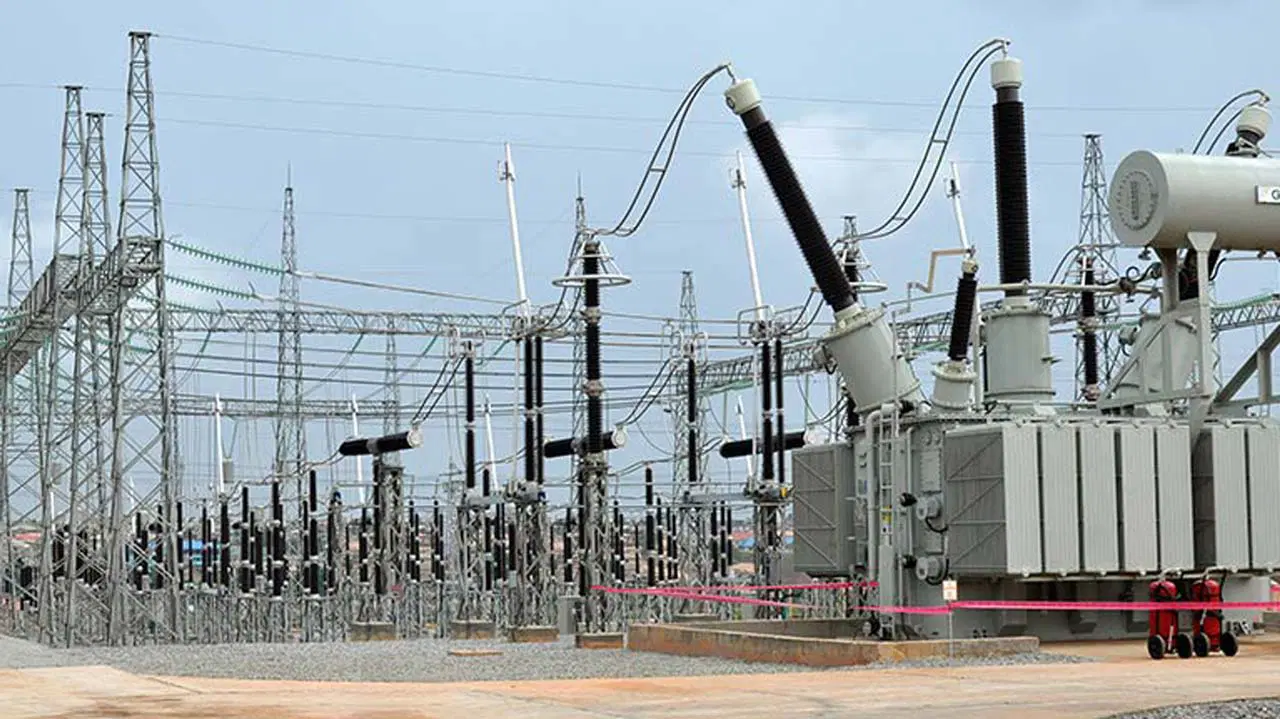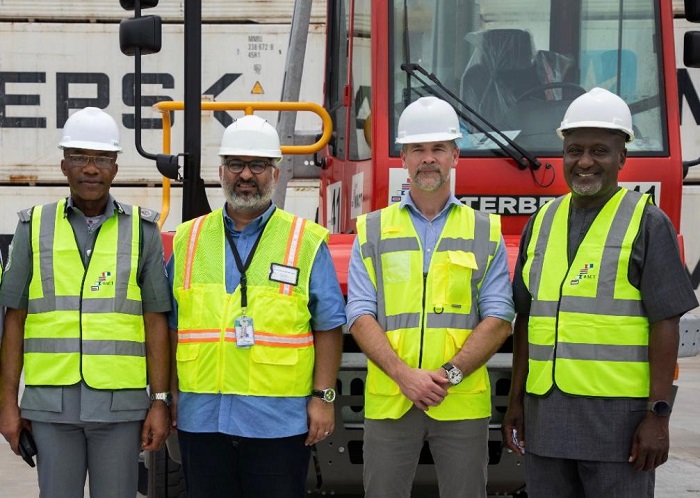..To swear-in Justice Ariwoola’s successor today . Approves N10bn grant for DSO
President Bola Tinubu on Thursday congratulated Justice Olukayode Ariwoola, as he retired as Chief Justice of Nigeria after a successful public service career.
In a statement by his spokesman, Chief Ajuri Ngelale, the President said Ariwoola had served as Justice of the Court of Appeal in Kaduna, Enugu, and Lagos divisions before his elevation to the Supreme Court in 2011.
Ariwoola was sworn in as Chief Justice of Nigeria in 2022 and had also served the nation in diverse capacities as a judicial officer.
President Tinubu commended the jurist for his services to the nation.
He noted his impactful leadership of the judiciary and his efforts in enriching Nigerian jurisprudence, as well as in strengthening the fibre of the law.
READ ALSO: ‘Nigeria has concluded plans to cut ties with…
“The President thanks Justice Ariwoola and wishes him the very best for the future.
“President Tinubu will swear in Justice Ariwoola’s successor at the State House Council Chambers on Aug. 23,” said Ngelale.
In another development, President Bola Tinubu has approved a grant of N10 billion for the National Broadcasting Commission (NBC) to embark on a transformative journey to achieve the Digital Switch-Over (DSO) dividends for Nigeria.
The Director-General of NBC, Mr Charles Ebuebu made this known on Thursday in Abuja, at a joint news conference with the Executive Vice Chairman of the Nigeria Communications Commission (NCC), Dr Aminu Maida.
The News Agency of Nigeria (NAN) reports DSO is a project of transiting from analogue to digital broadcasting.
Launched by the Federal Government in 2008, the DSO project aimed to enhance the quality and quantity of television programming, increase access to television services and free up spectrum for other uses.
Addressing the newsmen, the NBC boss explained that, to achieve the desired results in the DSO journey, the commission would collaborate with NCC and the Nigerian Television Authority (NTA).
“Under the visionary leadership of Mr President, we are embarking on a transformative journey to achieve the DSO dividends for Nigeria.
“As you are all aware, the process to the switching over from analogue to digital terrestrial television platform began, fully, in Nigeria, in 2016. However, the process has stalled due to enormous challenges.
“In view of this, the President has graciously approved a grant of N10 billion from spectrum sales by the Federal Government to the NBC,” Ebuebu said.
He added: “This grant is not just a financial allocation; it is a testament to Mr President’s collective commitment to driving technological advancement, economic growth, and cultural enrichment through the DSO project.
“The area of utilising this grant include, developing and managing channels that cater for diverse interests, leasing transponders and establishing a robust satellite backbone to ensure 100 per cent signal coverage across Nigeria.
“Others are, Audience Measurement, Marketing and Publicity, Content Production Studios, Digital Set-Top Boxes, FreeTV APP, conducting comprehensive training sessions and workshops for stakeholders,” Ebuebu said.
According to him, adopting the digital broadcasting standards will align Nigeria with global norms, enhance competitiveness and attract foreign investments.
Ebuebu added that digital broadcasting will bridge the digital divide, ensuring access to vital information, education, and entertainment for remote and unserved communities.
He Also said that traditional platforms would not fade out, but adopt the new digital system, because the ecosystem is huge with a lot of dividends.
“With the introduction of DSO, a lot of people are going to be introduced to new set of skills, there is technology, you are going to learn to use software in production and all of that, and we are partnering to ensure it is done right”.
Also speaking, Maida said convergence is the new way to go in digital operations.
“Convergence has changed the media landscape. About 90 per cent of the media we consume today is not traditional broadcast.
“This convergence has given us the option to consume media in so many ways, but primarily, through the internet; and as a regulator for communications.
“It is very important that the NCC be part of this journey.
“To do justice to the DSO project, there is need to create content with the notion that mode of production has changed and the fact that majority of these content is going to be consumed on demand,” he said
Maida added that contents in DSO required some levels of interactions in real time, which the traditional broadcast did not allow or do optimally.
















 English (US) ·
English (US) ·